100% ORGANIC HERBS, SUPPLEMENTS, CBD
100% ORGANIC HERBS, SUPPLEMENTS, CBD





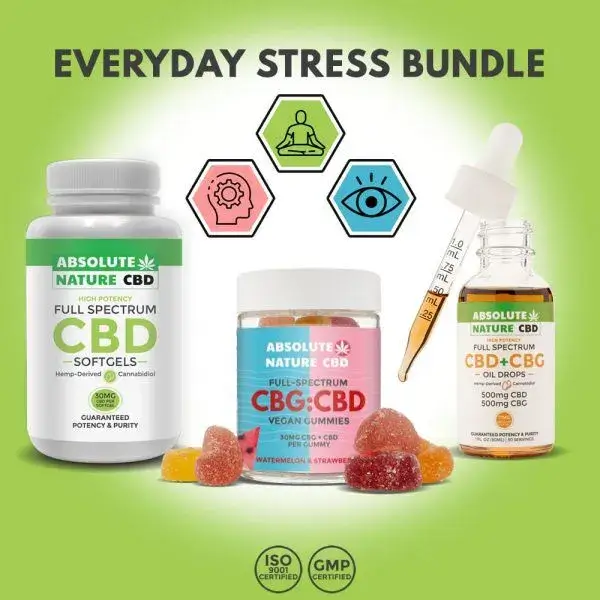
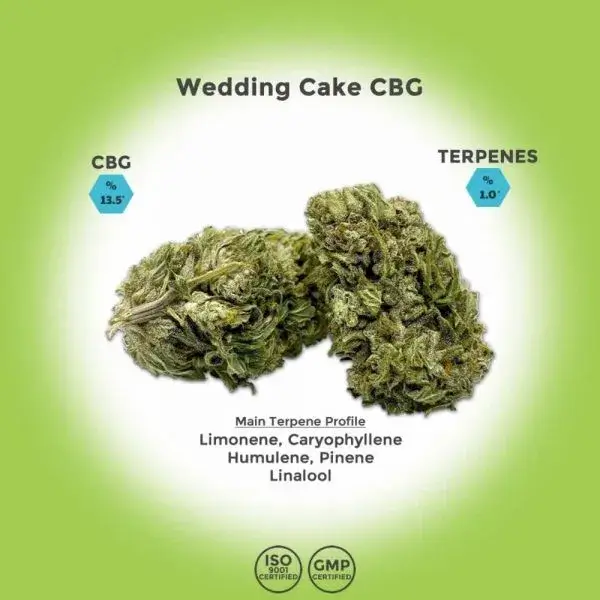
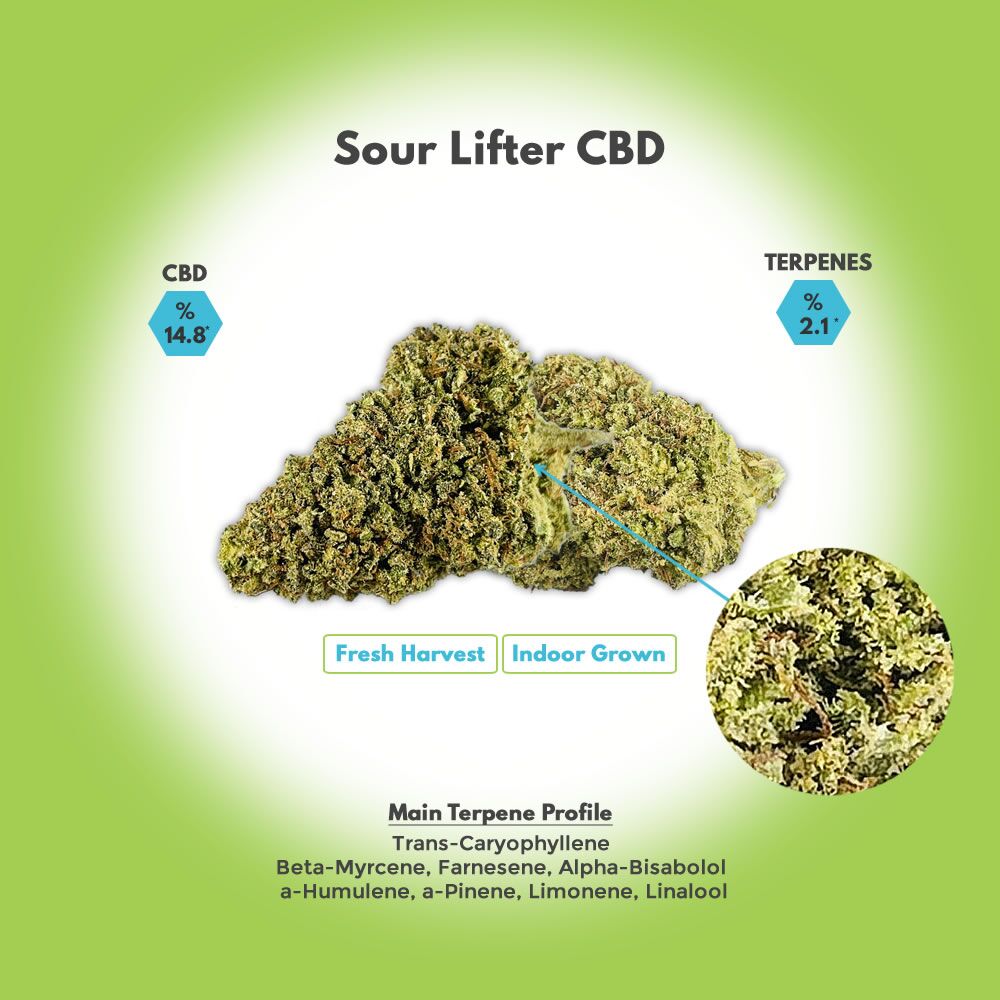
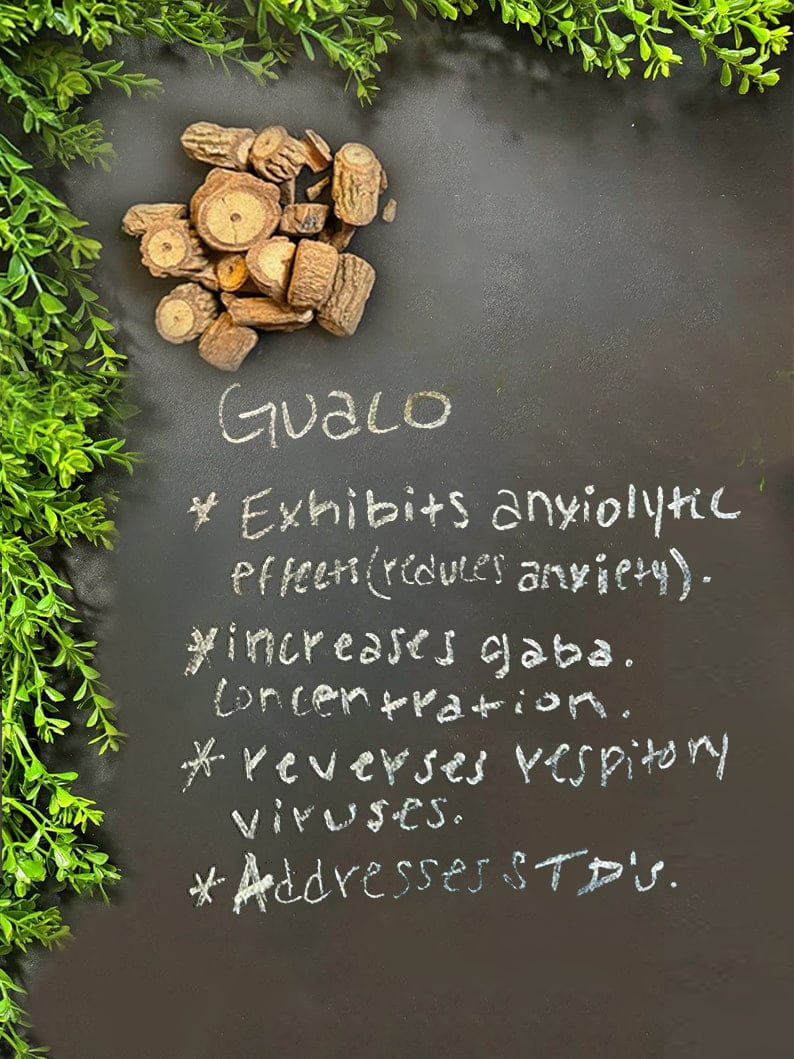
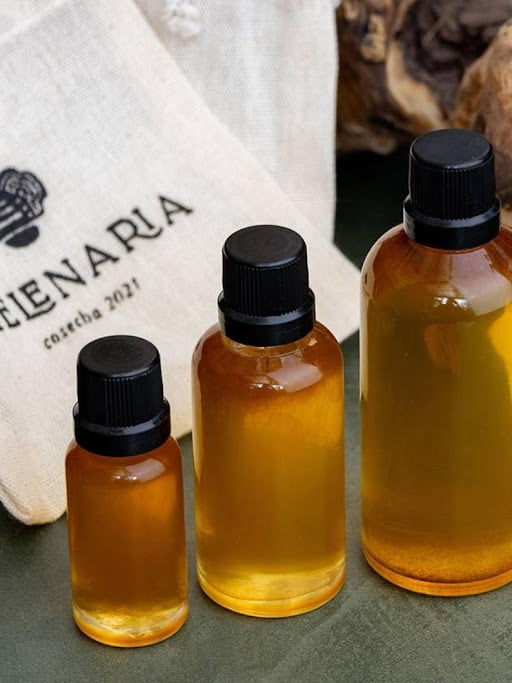
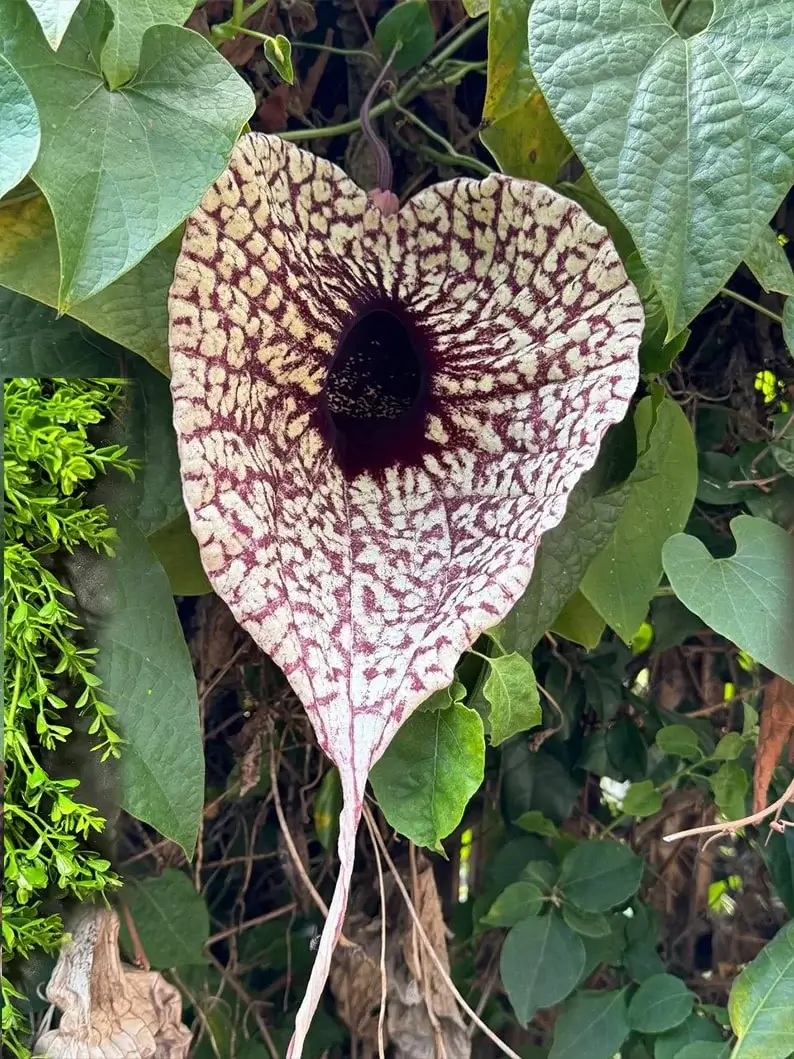
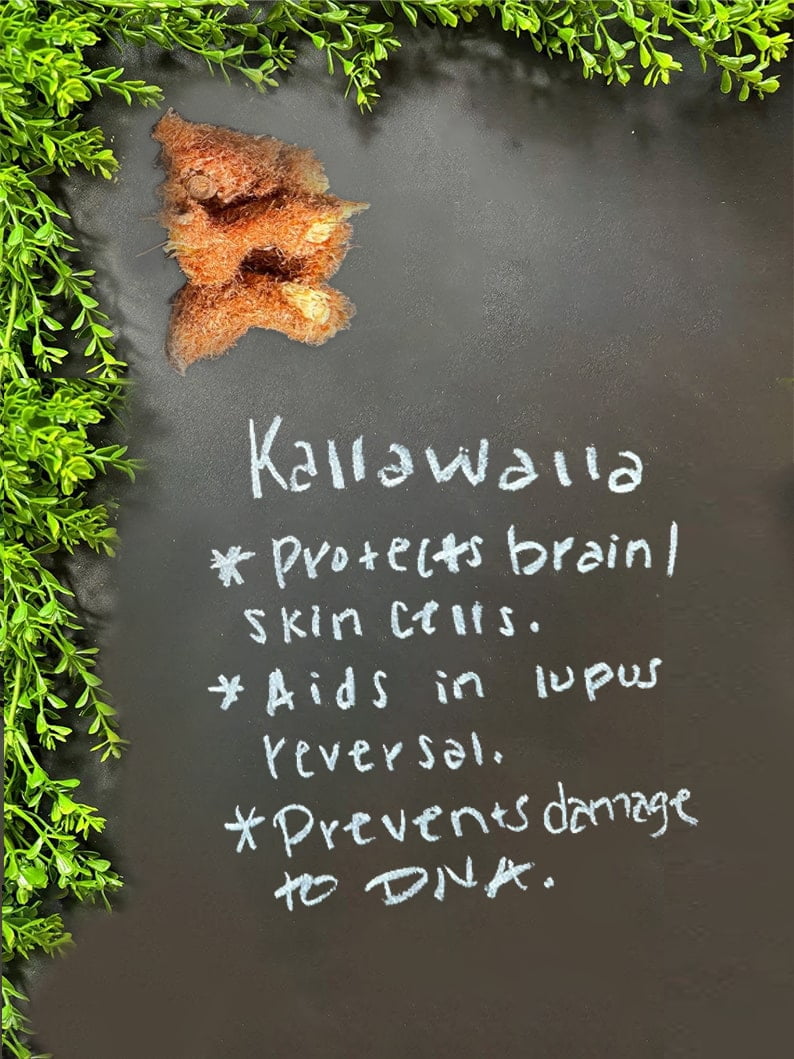
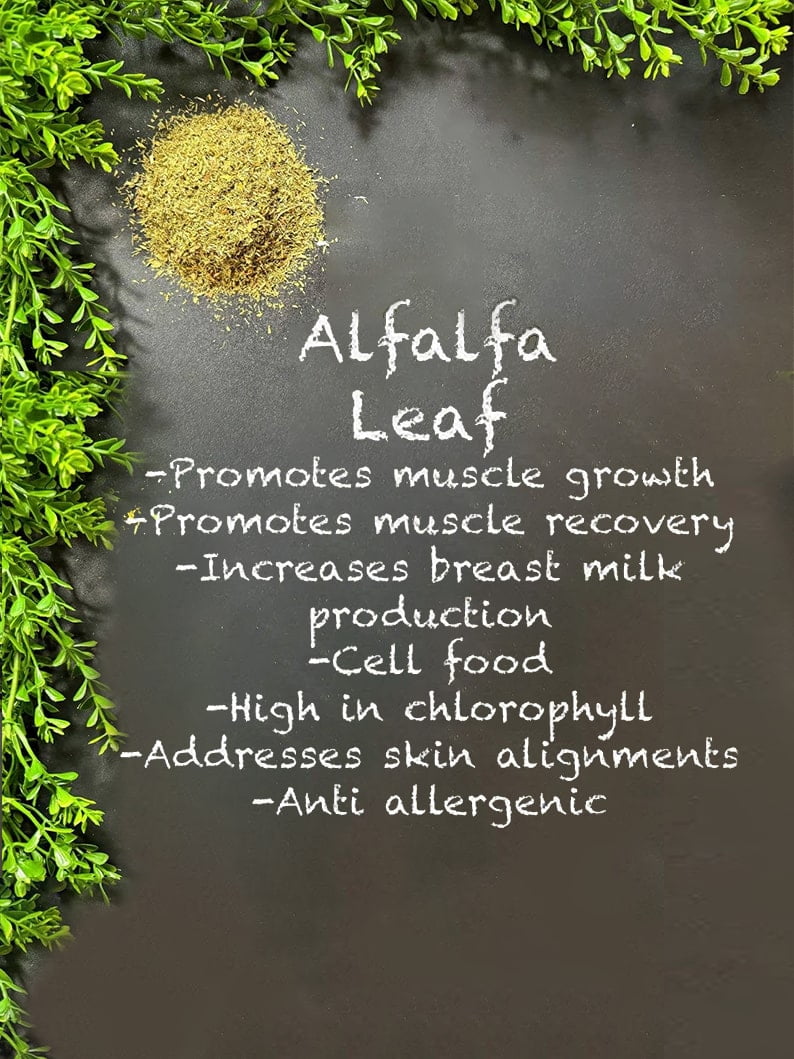
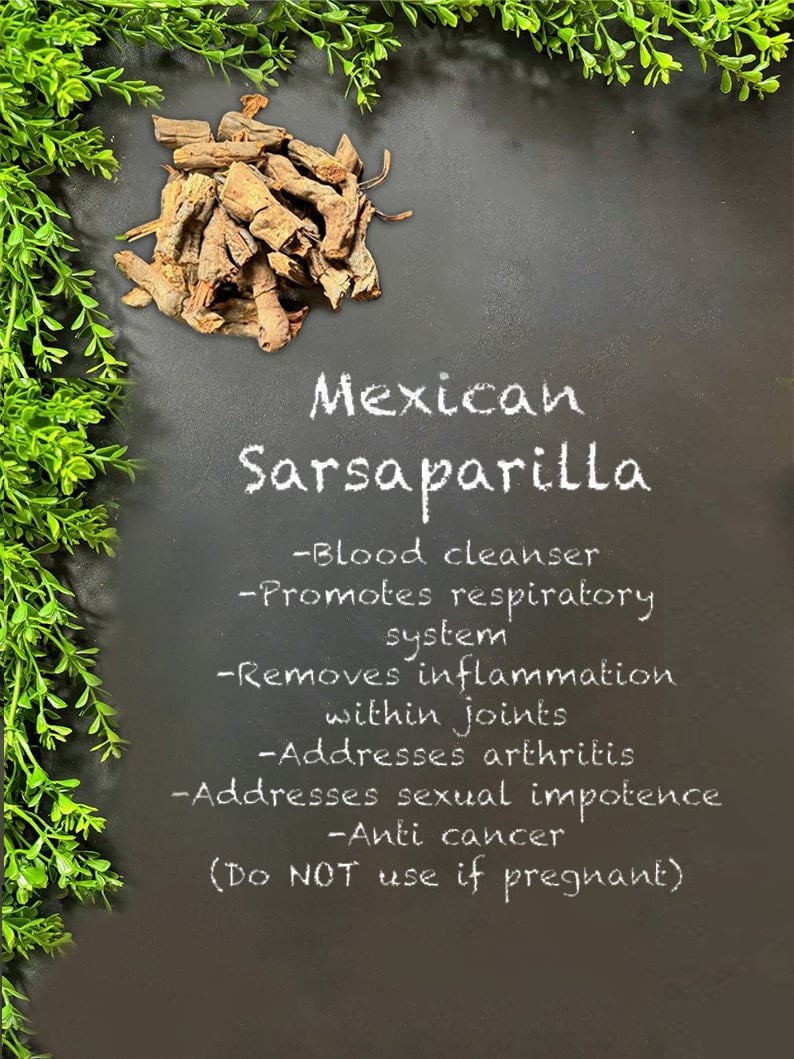
Step by step how to use
There are many different forms of CBD, including oils, capsules, edibles, and topicals. Consider your needs and preferences when deciding which product to use.
Make sure to purchase your CBD from a reputable source that is lab-tested and verified.
Different CBD products have different dosages and instructions, so be sure to read the label before taking your CBD.
Depending on the product, this may involve taking a few drops of oil under your tongue or taking a capsule with food.
CBD affects everyone differently, so it’s important to pay attention to how your body responds to the CBD.
If you don’t feel the desired effects after a few days, you may want to increase your dosage.
If you are taking any medications or have any medical conditions, it’s important to talk to your doctor before taking CBD.
Make sure to research the potential side effects and any interactions the herbs may have with any medications you are taking.
Make sure to purchase your herbs from a reputable source.
Depending on the herbs you are using, you may need to grind them, steep them, or otherwise prepare them for use.
Make sure to follow the directions for taking the herbs, as different herbs may require different methods of use.
Herbs affect everyone differently, so it’s important to pay attention to how your body responds to the herbs.
If you don’t feel the desired effects after a few days, you may want to increase your dosage.
If you are taking any medications or have any medical conditions, it’s important to talk to your doctor before taking herbs.
Make sure to research the potential side effects and any interactions the supplements may have with any medications you are taking.
Make sure to purchase your supplements from a reputable source.
Different supplements have different dosages and instructions, so be sure to read the label before taking your supplement.
Depending on the supplement, this may involve taking a few capsules or tablets with food or water.
Supplements affect everyone differently, so it’s important to pay attention to how your body responds to the supplement.
If you don’t feel the desired effects after a few days, you may want to increase your dosage.
If you are taking any medications or have any medical conditions, it’s important to talk to your doctor before taking supplements.

Free Shipping
Orders Over $500

Quick Payment
100% Secure Payment

24/7 Support
Ready For You

Money Return
Back Under 7 Days
GET DISCOUNT INFO
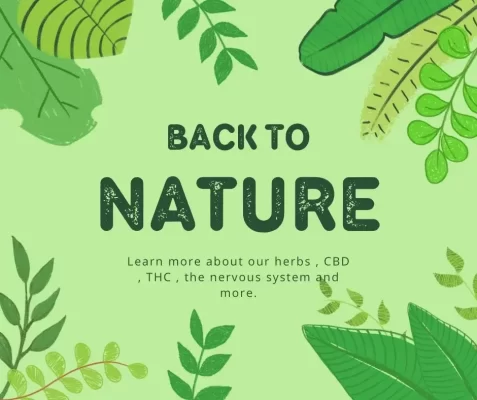
THC research THC EXPLAINED The difference between indica and sativa is primarily in the chemical makeup of each plant. Indica

What is cannabis and all Cannabis is a plant that contains a variety of chemical compounds, known as cannabinoids,

Introduction to CBD, Herbs, Supplements What is CBD?CBD is a natural compound found in the cannabis plant that has a
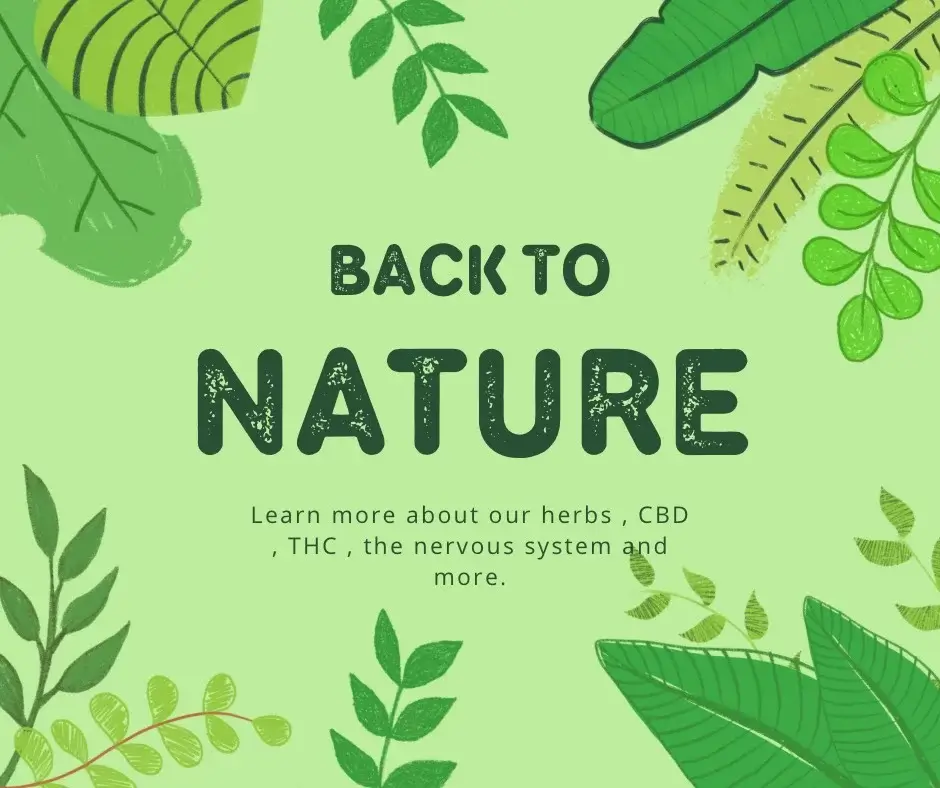
THC research THC EXPLAINED The difference between indica and sativa is primarily in the chemical makeup of each plant. Indica...

What is cannabis and all Cannabis is a plant that contains a variety of chemical compounds, known as cannabinoids,...
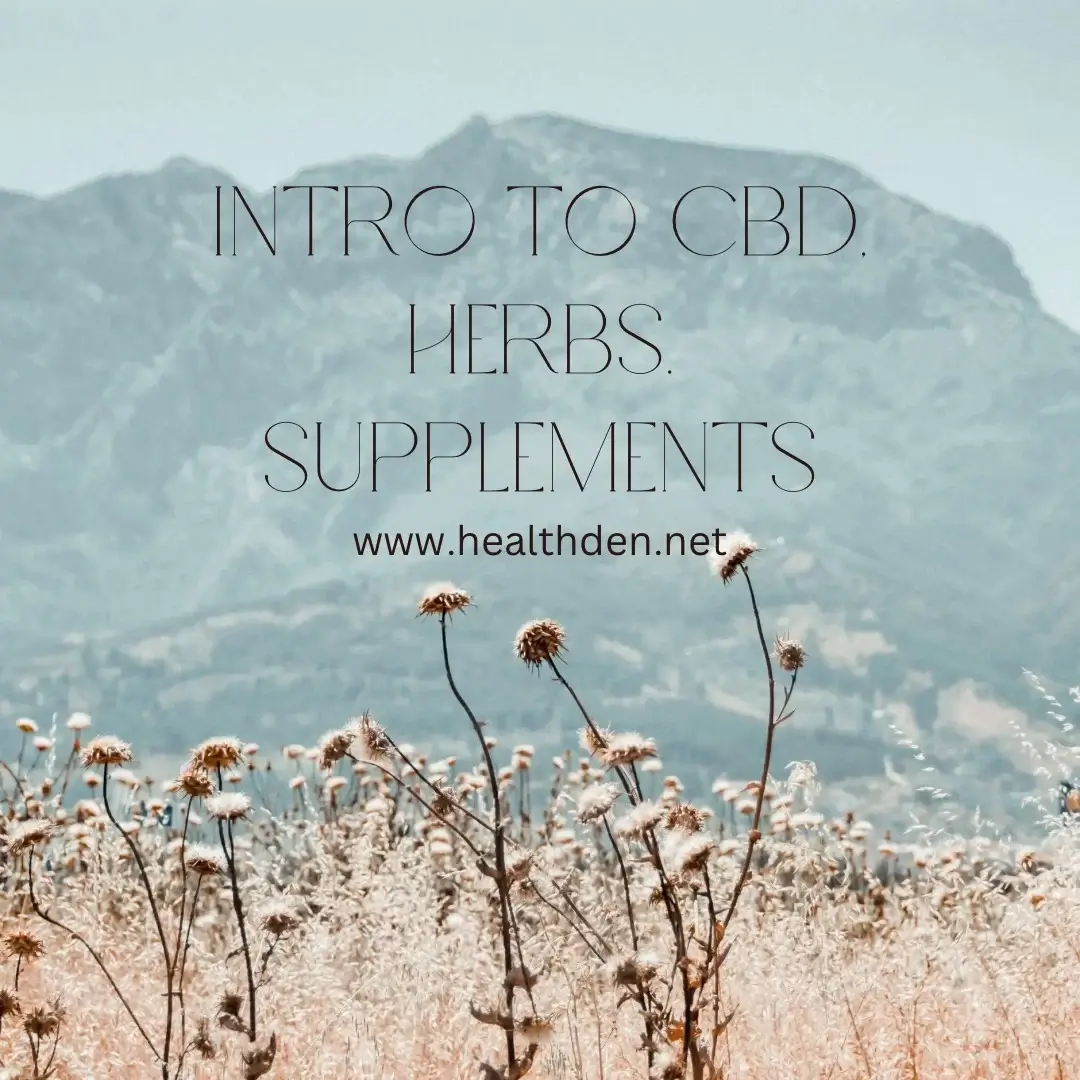
Introduction to CBD, Herbs, Supplements What is CBD?CBD is a natural compound found in the cannabis plant that has a...
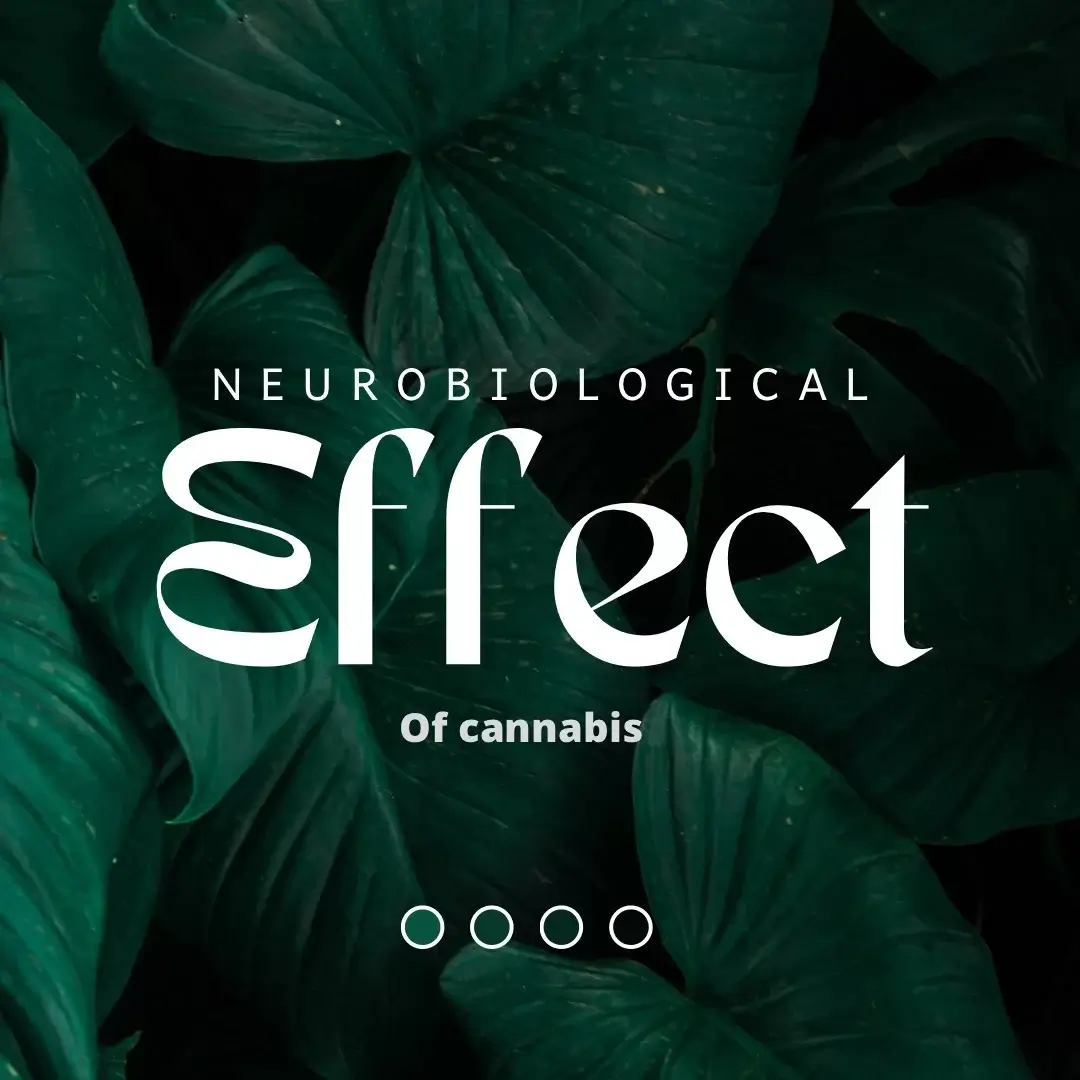
Neurobiological Effects of Cannabis on Brain Function: A Comprehensive Abstract: Cannabis, derived from the Cannabis sativa plant, is one of...